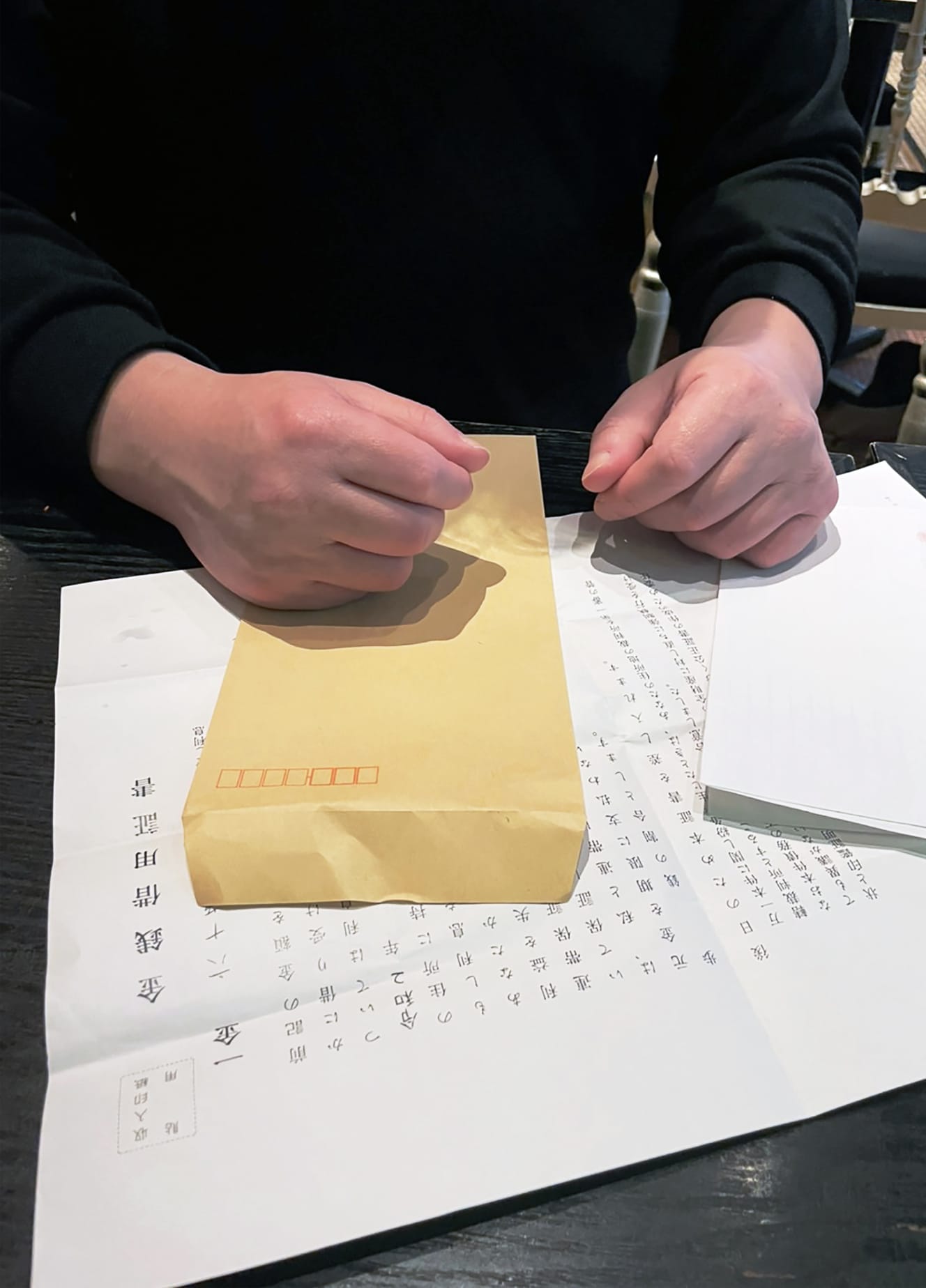Scammers are Using “Investment” for Philippine Postal Projects Robbing More than 300 Million Yen from their Victims
I was deceived into investing in a national project in the Philippines, and more than 20 million yen of my money has not been returned. As far as I know, at least 300 million yen has been lost. I decided to reveal their tactics so that there will be no more victims.
Mr. X, a male investor in his 50s, told us. It was around the spring of 2016 that he received a “suspicious story. It all started when he met Takashi Horiuchi (pseudonym), who runs a real estate company, at a dinner with his acquaintances.

“Horiuchi had an affable and friendly personality, and we met several times for dinner after that. One day, he told me that the Philippine Postal Service was working on a national project to build post offices throughout the country and that he was investing in it. At the time, I thought it was a fishy story, and I did not listen to it,” said Mr. X.
Some time later, Horiuchi told Mr. X that he had made an investment in the company. Horiuchi told Mr. X that his investment was going well, that he was going to buy a Lamborghini, and that he wanted to use the money he had made to start a new business and asked for advice.
“In fact, in March 2006, a media outlet distributing economic information from Asia reported that the government had approved a business plan to modernize the Philippine Postal Service proposed by the Japanese software company, R Corp.” Horiuchi explained to Mr. X that he was a business partner with the president of this R Corp. and was responsible for raising funds.
However, in 2019, Horiuchi suddenly came to Mr. X with the following advice.
There is a problem with our business in the Philippines, and we may not be able to get any money.
Horiuchi asked Mr. X for a temporary working capital loan because he would not be able to receive around 1 billion yen if the business stopped.
He explained that the business would continue as soon as the money was available and that he would ‘pay me back,’ so I lent him about 24 million yen. Believing his words, ‘I will pay you back within a week,’ I hurriedly prepared the funds.
However, even after a week had passed, the money had not been repaid.
At first, he asked me to wait because he had a deposit with HSBC, a bank headquartered in the U.K., and he would use the money to repay the loan. As proof, I received on line images of documents exchanged between HSBC and Company R, as well as the contents of correspondence between the president of Company R and Horiuchi. In addition, Horiuchi sent us a huge amount of internal documents of Company R, including a certificate of deposit at Metropolitan Bank and a certificate of account at Sumitomo Mitsui Banking Corporation’s Hamamatsucho branch. Whenever we made a demand, he would delay repayment, citing such reasons as “we are awaiting procedures from the Philippine Department of Finance” or “we are being checked by the Financial Services Agency and the Small and Medium Enterprise Agency because financial fraud and money laundering are now rampant. On one occasion, he even went to the bank with Horiuchi to tell him that the money for repayment had been deposited into Kansai Urban Bank (now Kansai Mirai Bank) from overseas, but that it was locked and could not be withdrawn.
“Of course, Mr. X did not trust Horiuchi’s “excuses. He then pressed Horiuchi, saying, “I don’t care what the reason is anymore, just pay me back the money as soon as possible,” and Horiuchi repaid him less than 2 million yen. However, the remainder of the money has not been repaid to this day, and Horiuchi has not returned our calls since then.
We tried to contact Horiuchi by phone and short message to confirm the facts, but received no response. When we asked the president of Company R for an interview, he replied, “It’s none of our business.”
We have nothing to do with this. We have never solicited investment through Mr. Horiuchi. I have heard that Mr. Horiuchi borrows money from various people.
Later that day, the president of Company R explained again that he had spoken with Mr. Horiuchi on the phone.
I asked Mr. Horiuchi about it, and he said, ‘I don’t borrow money from Mr. X.’ On the contrary, he lends money to Mr. X. (He also said that he has not talked to Mr. X about the Philippines business.
However, as mentioned above, Mr. X has a number of R Corp. documents and lines sent to him by Mr. Horiuchi.
There are other victims like myself who gave money to Horiuchi, including people living in the Kansai region.
Will there soon be a case involving this shady investment story?

From “FRIDAY” February 10, 2023 issue
Reporting and writing: Hironori Jinno (Nonfiction writer)